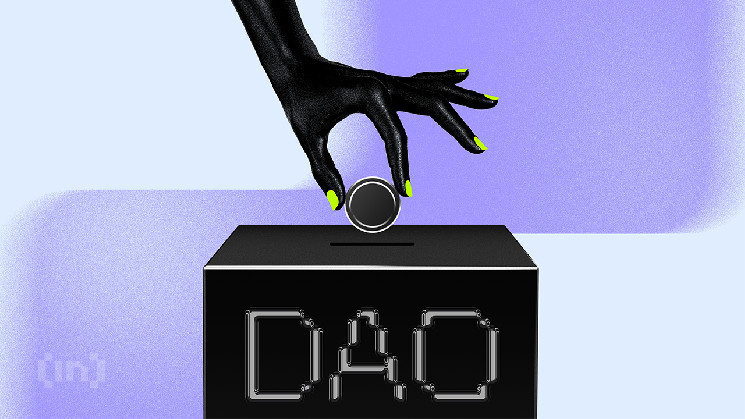Decentralized autonomous organizations (DAOs) are gaining popularity in Web3 as an alternative to traditional organizational structures. DAOs enable bottom-up decision-making through token-based voting enforced by smart contracts, aiming to increase transparency and participation. However, as DAOs grow, they face hurdles such as low voter turnout, large token holders, and decision paralysis. These challenges raise questions about the effectiveness of DAOs as a governance model. DAOs struggle to balance decentralization with effective leadership, often resulting in operational complexity. The concentration of voting power among large token holders can marginalize smaller holders and lead to centralization risks. Governance attacks and conflicts of interest are also concerns in DAOs. Scalability, stakeholder management, user accessibility, economic incentives, and legal clarity are additional challenges that DAOs must address for long-term growth and development. Hybrid governance models that integrate expert advisory boards with community oversight may be critical for the success of DAOs.
 Content Editor
( beincrypto.com )
Content Editor
( beincrypto.com )
- 2025-02-02
Paradox of Power: How DAOs Struggle with Centralization and Ineffective Leadership

 Esponel (es)
Esponel (es) Türkçe (tr)
Türkçe (tr) Russian (ru)
Russian (ru) 한국인 (kr)
한국인 (kr) Italiano (it)
Italiano (it) हिंदी (in)
हिंदी (in) عربي (ar)
عربي (ar) Français (fr)
Français (fr) Deutsch (de)
Deutsch (de) 日本 (jp)
日本 (jp) 中国人 (cn)
中国人 (cn)